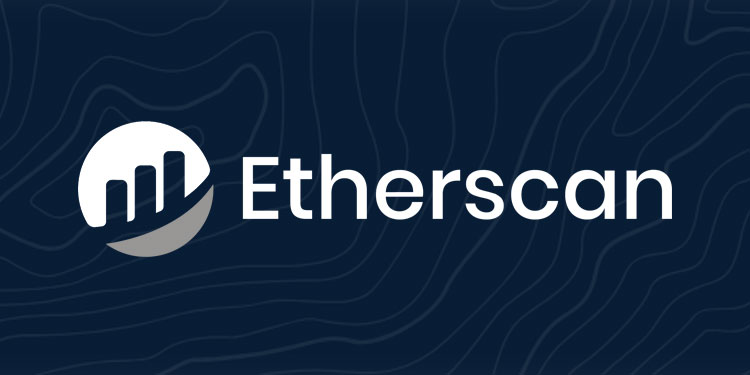
Individuals who are keen on expanding their knowledge about the Ethereum blockchain or undertaking research on Ethereum-driven initiatives will discover that the analytical tool is an indispensable asset. It is a common practice among traders and investors to frequently utilize it for monitoring the price of Ethereum and other cryptocurrencies.
Etherscan is an open-source project that is free of cost and is maintained by a team of software engineers. With a global user base of millions, this Ethereum blockchain explorer is among the most extensively utilized. According to Etherscan, the advanced filter enables users to search for transactions based on various criteria such as transaction type, function name, duration, amount, assets, and address sensitivity (sending and receiving addresses). In addition, users have the ability to save their filter queries for future use.
The significance of the Web3 analytics sector has grown progressively over the years. They are advantageous in terms of understanding the decentralized web ecosystem and making well-informed decisions. Their services encompass network monitoring, data analysis, smart contract auditing, portfolio tracking, and real-time monitoring of blockchain networks. These tools offer insights into user engagement, network usage patterns, and market trends. Additional examples comprise CryptoQuant, Covalent, the Graph, Dune Analytics, Nansen, and Alethio, alongside Etherscan.
In April 2023, Etherscan implemented a feature to hide token transfers with zero value as a means of enhancing its user experience. Recently, the platform has also broadened its scope by collaborating with the WEMIX3.0 ecosystem.
To utilize Etherscan’s latest functionality for filtering transaction types, adhere to the following steps:
Begin by selecting “All” to include all transaction types.
- Next, focus on transactions where an Externally Owned Address (EOA) or wallet address sends ETH directly to other addresses.
- Then, consider “Internal Txs,” resulting from smart contract logic triggered by regular transactions.
- Direct your attention to “ERC-20” transactions involving transactions related to ERC-20 tokens.
- Finally, explore “ERC-721” transactions, which involve transactions related to non-fungible ERC-721 tokens (NFTs).
Furthermore, the latest filter feature includes the following transaction types:
- “ERC-1155” encompasses transactions involving semi-fungible ERC-1155 tokens (SFTs).
- “Deposit” narrows down transactions involving the deposit of ETH into the Beacon Chain Contract for Ethereum validation purposes.
- “Withdrawal” covers transactions related to the withdrawal of ETH from the Beacon Chain. This can include automatic reward withdrawals or exiting as a validator.
The analysis of DeFi exploits can be a complex task, often involving multiple addresses and requiring a comprehensive understanding of the incident. Previously, executing this process necessitated the simultaneous opening of numerous Etherscan windows.
🆕 Advanced Filter (Beta)
Refine your Ethereum transaction search with rich filters 🔍 pic.twitter.com/DIb5ESYmNP
— Etherscan (@etherscan) June 2, 2023
The Advanced Filter tool offered by Etherscan is a valuable resource for community members as it allows them to streamline their analysis by combining results from various filter fields. This results in a more comprehensive understanding of the exploit at hand. Please take into account the Euler attack that transpired in March of 2023. Prioritizing key transactions was crucial given the involvement of a flash loan and multiple tokens in this breach. Achieving this is feasible by utilizing the Advanced Filter feature, which encompasses regular transactions (txs), ERC-20 tokens, and internal transactions.